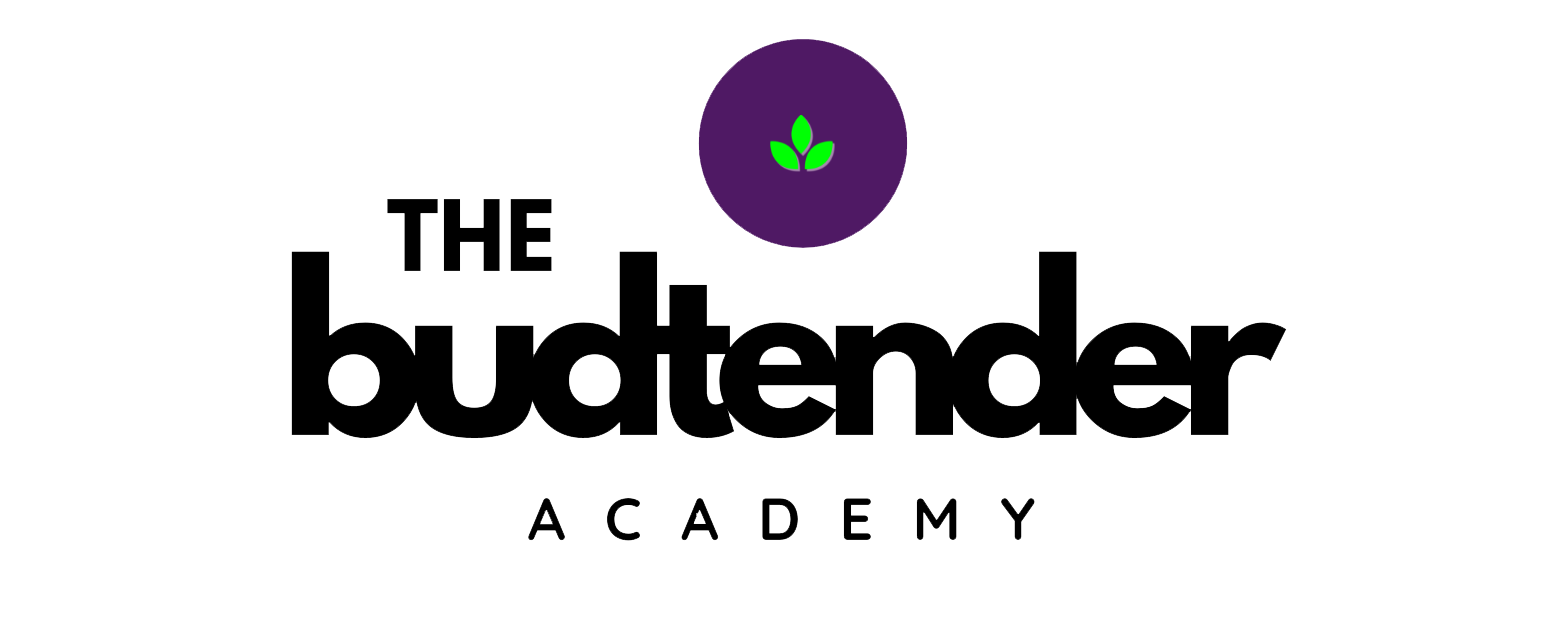What Is a Budtender at a Dispensary? Types & Duties Explained
If you’ve been to a dispensary or hemp shop, you’ve probably met a budtender—the knowledgeable staff member helping customers choose the right product. But depending on the type of dispensary, the budtender’s role can vary a lot.
Some shops sell THC-rich (Delta-9) cannabis, others focus on hemp-derived cannabinoids (Delta-8, Delta-10 and CBD), and medical dispensaries may require extra credentials or serve patients with specific health conditions.
Let’s break down the different types of dispensaries, what budtenders do in each setting, and how training and legal requirements can change depending on where you work.
Types of Dispensaries: Cannabis, Medical, and Hemp
Not all dispensaries are the same—and neither are the budtender roles inside them. Here are the three most common types:
Recreational Cannabis Dispensaries
These shops serve adult-use customers in states where cannabis containing more than 0.3% THC (Delta-9) is legal for anyone 21 and older. Products often include:
✅ High-THC (Delta-9) flower and pre-rolls
✅ Concentrates, vape pens, dabs
✅ Edibles, drinks, and topicals
✅ Balanced THC/CBD products
Budtenders in recreational dispensaries help customers navigate effects, strains, product types, and dosing—serving both curious first-timers and experienced consumers. Their role is part educator, part guide, and part sales expert.
Medical Cannabis Dispensaries
These are licensed to serve patients with medical cannabis cards. Depending on the state, they may carry similar products as recreational shops—but typically offer:
✅ Higher-potency formulations
✅ Capsules, tinctures, and topicals
✅ Products targeting specific symptoms (pain, nausea, anxiety)
Budtenders in medical dispensaries are often called patient consultants or care specialists, and may need to:
✅ Understand medical conditions and contraindications
✅ Follow stricter compliance rules
✅ Keep patient records or verify prescriptions
Want to learn more about cannabis? Start in our FREE Medical Cannabis Class today!
Want to learn more about cannabis? Start in our FREE Medical Cannabis Class today!
Dual-Licensed Dispensaries: Medical + Recreational in One Shop
In many states, dispensaries operate under a dual license—meaning they’re legally allowed to serve both medical patients and recreational customers under one roof.
These hybrid dispensaries carry a wide range of products to meet the needs of both groups, and budtenders must know how to tailor their guidance based on the type of customer they’re helping.
🧑⚕️ Medical Patients in Dual-Licensed Dispensaries
Medical patients may:
✅ Be exempt from certain taxes
✅ Have access to higher potency products
✅ Need guidance for symptom-specific relief
✅ Require record-keeping or ID verification
✅ Budtenders assisting medical patients may need to ask more in-depth questions and be familiar with product formulations, cannabinoid ratios, and state regulations surrounding medical use.
🛍️ Recreational Customers in the Same Store
Recreational customers typically:
✅ Browse freely with a valid ID (21+)
✅ Ask about effects, strain types, or product experiences
✅ Purchase from the same general inventory, sometimes with different limits or taxes
Budtenders shift roles quickly—moving from patient support to consumer guidance, all while staying compliant with purchase limits and legal restrictions.
Want to learn more about medical and recreational cannabis? Start in our FREE Medical Cannabis Class today!
Hemp-Derived Cannabinoid Shops
These are legal in many states where cannabis is not, and they sell products with cannabinoids like:
✅ Delta-8 THC
✅ CBD
✅ THC-O, HHC, THCA (depending on local laws)
Budtenders here often educate customers on effects, safety, and legality. Products usually include:
✅ Gummies and tinctures
✅ Vape cartridges
✅ Hemp-derived pre-rolls and edibles
Because these shops aren’t always regulated like dispensaries, training varies widely—but a certified, informed budtender can be a huge asset in building trust and driving sales.
Legal Requirements for Budtenders Vary by State
In some states, you must register with a state cannabis agency to work as a budtender. Other states—especially those allowing hemp-only stores—may have no formal requirements at all.
Here’s a general overview that demonstrates the differnaces between states:
✅ Oklahoma – Requires OMMA employee credential
✅ California – No credential, but training is encouraged
✅ Illinois – Must register with the state and complete a background check
⚠️ Texas/Georgia/Tennessee – Hemp-only states; no state reqruied budtender license, but local compliance may apply.
For up-to-date regulations, check with your state’s cannabis control board or department of health.
Start Training with a Free Medical Cannabis Class
If you're interested in becoming a budtender—or just want to improve your cannabis knowledge—our FREE Medical Cannabis Class is the perfect place to start.
You'll learn:
✅ What effects cannabinoids like THC, CBD, and Delta-8 have on the body
✅ How different products work (edibles, vapes, topicals)
✅ The basics of dosing, safety, and customer guidance



